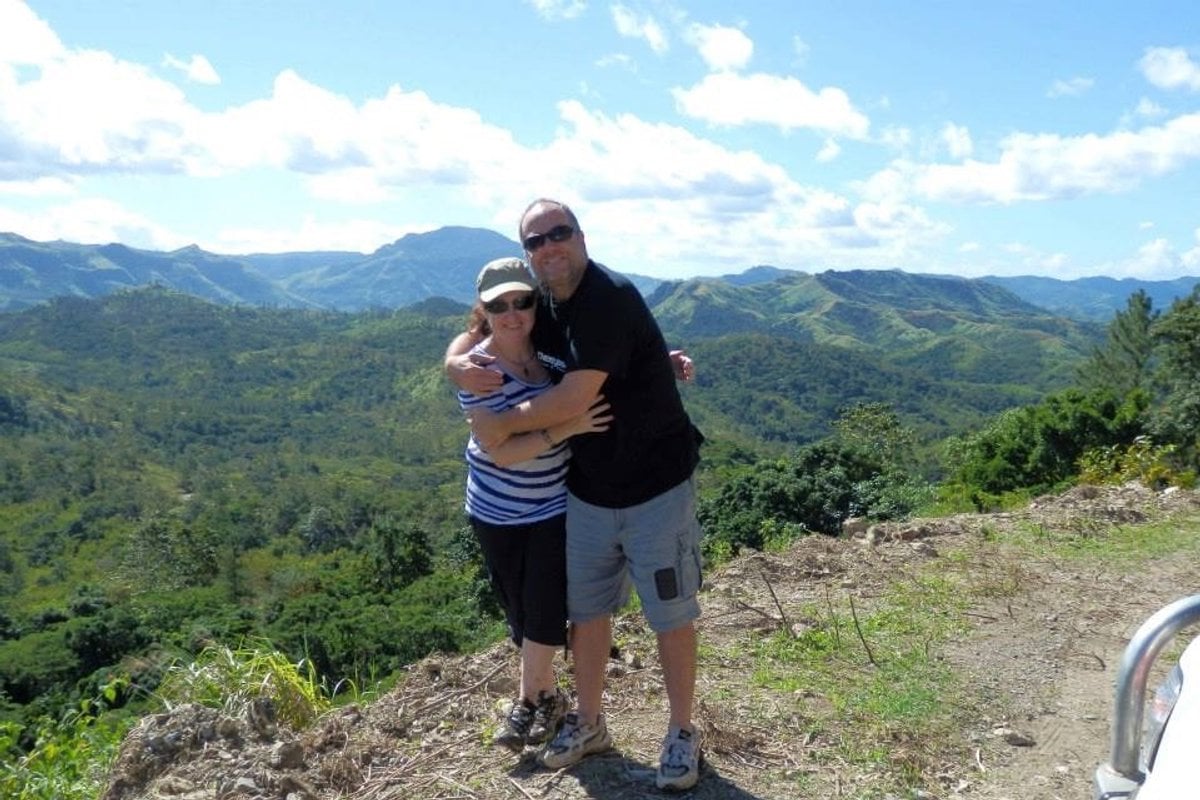
I was 39 years old when I had a sudden cardiac arrest.
But this wasn’t the first time my family was impacted by the condition – which is the world’s biggest cause of premature death.
I had just turned 19 when my grandmother, Ita Starkey – Nanna, as I called her – died in my arms, in the restroom of a country railway station.
My grandmother had started to feel unwell and confused as we’d arrived at the station, so I took her into the bathroom. It was there she passed out on top of me.
I immediately panicked and froze, before yelling for help.
Help did come, but it was too late. The paramedics were unable to revive her.
Watch: How to perform emergency CPR. Post continues after video.
I felt a lot of guilt after Nanna passed. I felt I had let her down, as well as my mother, aunt and uncle. I felt I’d let myself down, too, by not remaining calm. Because I hadn’t taken action and I hadn’t performed CPR.
Many years on, I don’t feel as guilty anymore, as I know I didn’t have the reinforced training, the confidence and the tools to help my Nanna. I had learned CPR at school but was not empowered to believe that CPR and defibrillation in the moments following a cardiac arrest could actually make a difference in survival rates.
I was 39 when I experienced my own sudden cardiac arrest. But I was lucky.
The first stroke of luck was that my partner, Donovan, was right next to me when it happened. He was able to overcome the panic of seeing me struggling to breathe and call triple-0 for help.
